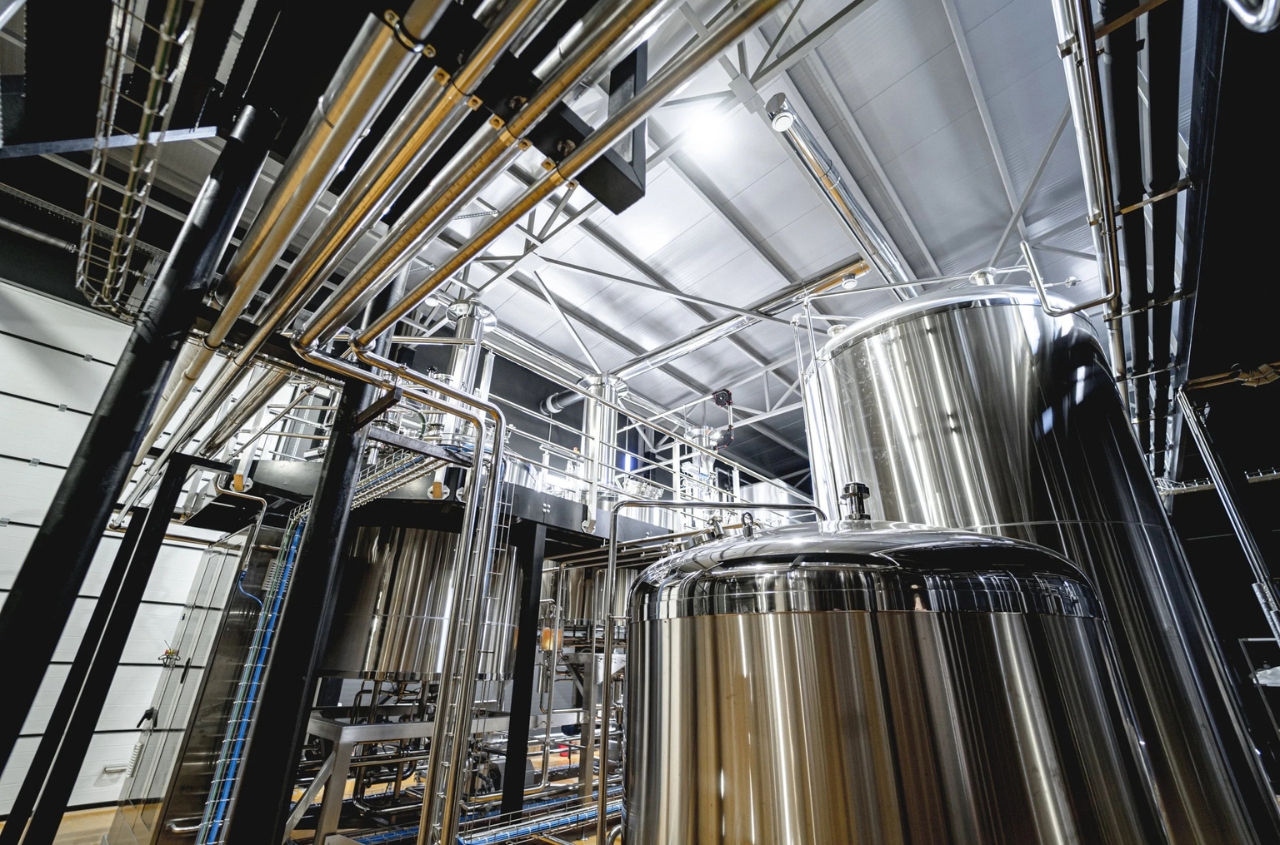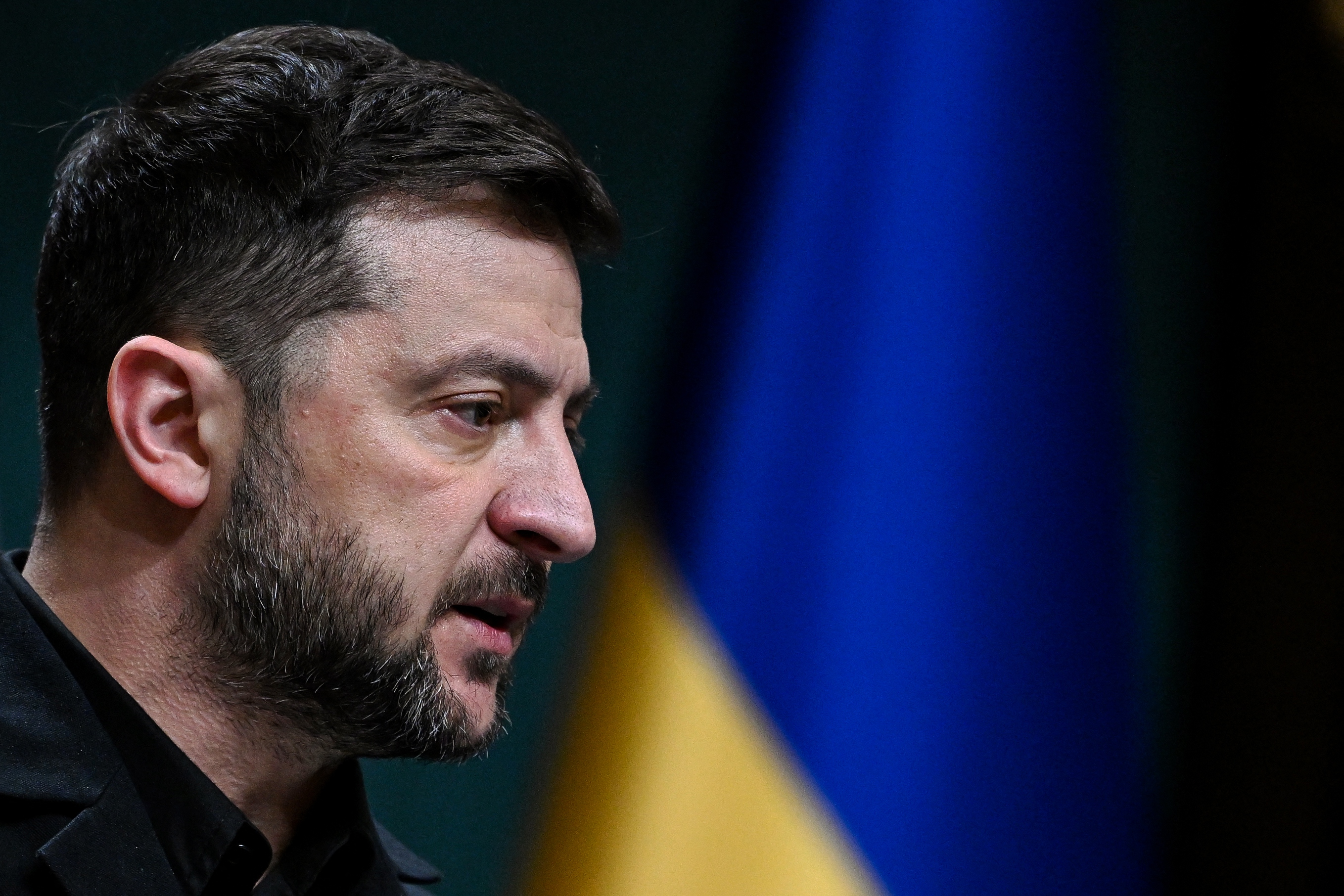The government has decided to exclude cannabis, cannabis resin, extracts, and tinctures from the list of particularly dangerous narcotic substances.
This was announced by the permanent representative of the Cabinet of Ministers in the Verkhovna Rada, Taras Melnychuk, in his message on Telegram. According to him, the government has made changes to the list of narcotic substances, psychotropic substances, and precursors approved by the Cabinet of Ministers' resolution dated May 6, 2000, No. 770.
This was done in compliance with the requirements of the law of Ukraine "On amendments to certain laws of Ukraine regarding the state regulation of the circulation of plants of the genus Cannabis for educational, scientific, and scientific and technical activities, production of narcotic drugs, psychotropic substances, and medicines to expand access of patients to necessary treatment."
Melnychuk explained that cannabis, cannabis resin, extracts, and tinctures of cannabis have been excluded from the list of particularly dangerous narcotic substances, the circulation of which is prohibited. This also affected tetrahydrocannabinol, which has also been excluded from the list of dangerous psychotropic substances, the circulation of which is prohibited.
At the same time, it was decided to include them in the list of plants containing narcotic substances and psychotropic substances, the circulation of which is allowed for use in educational, educational, scientific, and scientific and technical activities, in the production of narcotic drugs, psychotropic substances, and medicines for further use in medical practice.
These changes will come into effect on August 16, 2024.
"It is established that as of February 16, 2027, the maximum permissible concentration of tetrahydrocannabinol in dried hemp straw for industrial purposes does not exceed 0.3 percent," Melnychuk added.
_1716581258.jpg/XImJ1agBxrydrwhnpUPUC6oe0SbZOK0JOiszIYdf.jpg)





















